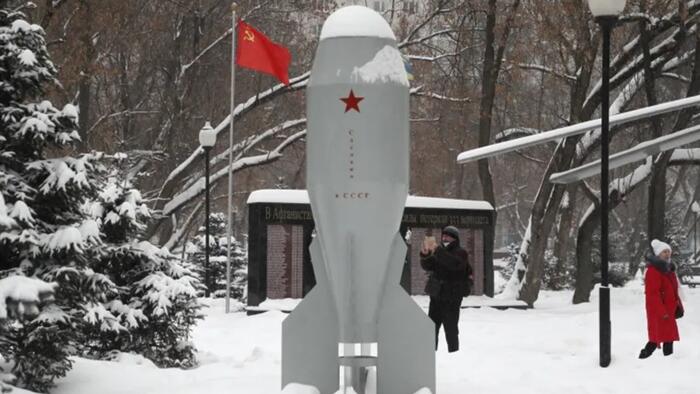


In what should be hailed as a significant and positive breakthrough in US-Russia bilateral relations, Russian President Vladimir Putin kicked off the week by offering President Trump a temporary nuclear arms control deal that would extend the status quo by one year, at a moment the future of the New Strategic Arms Reduction Treaty, or New START, is hanging by a thread.
During a Monday meeting with permanent members of the Russian Security Council, Putin said he was ready to extend by one year the last arms control treaty between Washington and Moscow. This would allow time to negotiate its further extension, likely by another five years. This would be "if the US reciprocates, to prevent a new arms race," Putin stipulated. However, now reaching the end of the week, and Moscow still hasn't heard a response on the issue from Washington.
Kremlin spokesman Dmitry Peskov said Thursday that Russia was still awaiting the US side's response to Putin's offer to extend the New START treaty for one year, and suggested there's yet to be any reaction whatsoever from the Trump administration.
"Overall, everyone welcomes Russia’s approach and Putin’s initiative. So we’re waiting for the other side's reaction," the Putin spokesman said, according to Russia’s TASS news agency.
Putin had in the Monday remarks painted a dire picture of strategic security in the world. "Unfortunately, it continues to degrade, which is caused by the combined impact of a number of factors, including negative ones, provoking the aggravation of existing and the emergence of new strategic risks," he had said.
"We associate the multiple problems that have accumulated in the strategic sphere since the beginning of the twenty-first century with the destructive actions of the West," Putin added.
The fact that Putin is offering a year-long extension to New START while its renewal is negotiated is a major positive sign, showing advancement in trust related to Trump's efforts to have bilateral talks even as the Ukraine war rages.
New START will expire in February 2026 unless a half-decade extension can be reached. Both leaders have shown willingness to reach a breakthrough on this issue.
The treaty is intended to limit and reduce nuclear arms on either side, setting a limit of no more than 1,550 deployed warheads and 700 missiles. START I began in 1991, with New START signed under the Obama and Medvedev administrations in 2010 as a successor agreement.
In August 2023 the US accused Russia of violating the treaty in disallowing US on-site inspections under its stipulations. In response, Washington halted Russian inspectors' ability to do the same on American soil. It's been in limbo ever since, as the expiration deadline fast approaches.
